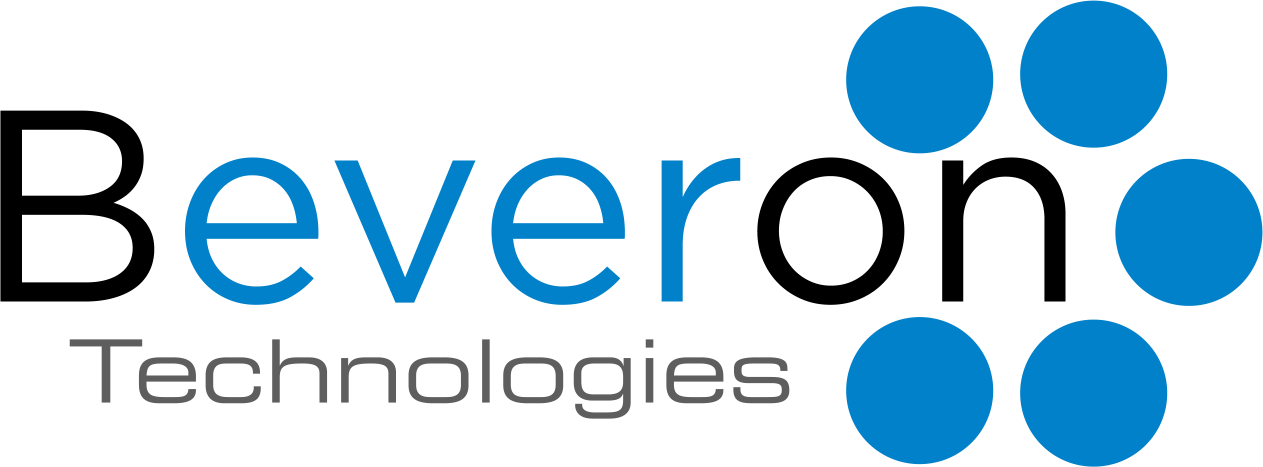Will technology replace humans?

In this digital age, a couple of pertinent questions constantly rear up everywhere we look around –
Are humans and machines really in competition with each other?
Will human labour be obliterated by upcoming technologies?
The history of labour or “work” as we call it — especially since the Industrial Revolution — is the history of people outsourcing their labour to machines. While that initially began with mundane, repetitive physical tasks like weaving, machines have constantly evolved to the point where they can now do what we might think of as very complex cognitive work, like math equations, recognizing language and speech, and even writing. Thus, machines today seem ready to replicate (or, even take over!) the work of our minds, not just our bodies.
In the 21st century, Artificial Intelligence (AI) is slowly but surely evolving to be superior to humans in many tasks, which makes it look like humans are almost ready to outsource our own intelligence to technology. With this latest trend already upon us, it seems like there’s nothing that can’t soon be automated, meaning that absolutely no job is safe from being offloaded to machines.
This vision of the future of work has gradually taken the shape of a zero-sum game, in which there can only be one winner. It all looks like a fight to the finish now. Or, to put it in layman terms, a Man v/s Machine conflict that can only have one survivor.
However, this view of the role that AI will play in the workplace may not be entirely accurate, or even correct. The question of whether AI will replace human workers presumes that AI and humans have the same qualities and abilities — which, in reality, they don’t. And that’s because AI-based machines are fast, more accurate, and consistently rational, but they aren’t intuitive, emotional, or culturally sensitive. And, it’s exactly these abilities that humans possess and which make us effective and sentient.
The above mentioned qualities mean that AI is perfectly suited when put to work in lower level routine tasks that are regular and repetitive, and take place within a closed management system. In such a system, the rules of the game are clear and not influenced by external forces.
Human abilities, however, are more expansive. As opposed to AI abilities that are only responsive to pre-set data available, humans have been gifted a very unique set of abilities to imagine, anticipate, feel, and judge changing situations, which allows them to shift from short-term to long-term concerns. These abilities are unique to humans and do not require a steady flow of externally provided data to work as is the case with artificial intelligence.
To conclude…
It can be safely assumed that in the very near future, teams will gradually become composed of humans and non-humans working together, which we refer to as the “new diversity”. The psychology of the new diversity will bring with it the risk that stereotypical beliefs and biases can easily influence decisions and team work.
Truly intelligent type of future work however, means that we will need to expand the workforce where both humans and machine will work in tandem, but where the ultimate aim will be to improve humanity and well-being, while simultaneously being more efficient in the execution of our jobs.
So, future workplaces will most probably use a form of “Augmented Intelligence” which will be collaborative in nature, and will use both man and machine in synchronized harmony, but it’s also clear that all such efforts will ultimately represent a collaborative effort in the service of humans.
